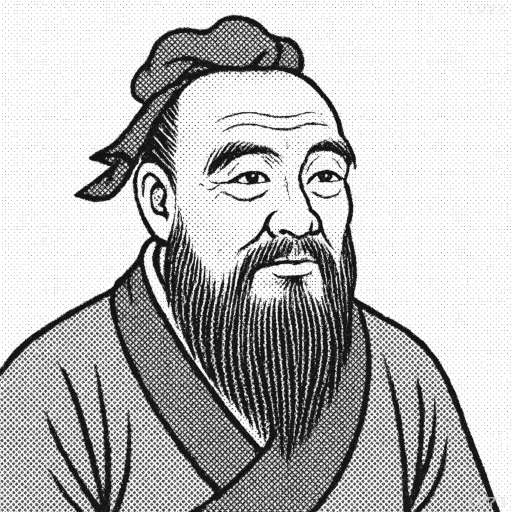“Without feelings of respect, what is there to distinguish men from beasts?”

- 551 BC – 479 BC
- Han ethnicity
- Philosopher, educator, politician
table of contents
Quote
“Without feelings of respect, what is there to distinguish men from beasts?”
Explanation
In this saying, Confucius emphasizes respect as a fundamental quality that defines humanity. He suggests that the ability to show respect—for others, for oneself, and for the world—is what distinguishes humans from animals. Respect implies an understanding of values, empathy, and awareness of others’ dignity, which are qualities that elevate our interactions and create a harmonious society. For Confucius, respect is essential to moral and social order, as it allows individuals to see beyond their own needs and consider the impact of their actions on others.
This insight is particularly relevant today, where respect can often be compromised by self-interest, competition, or misunderstanding. In relationships, respect is the foundation of trust, communication, and kindness. For example, in a workplace setting, respect among colleagues fosters collaboration and productivity. In personal life, showing respect for others’ feelings and perspectives nurtures healthy, enduring relationships. Without respect, interactions can become self-serving, disregarding the well-being and dignity of others, leading to conflict and alienation.
Confucius’s words remind us that respect is central to human connection and ethical living. By valuing and practicing respect, we honor what makes us truly human—our ability to empathize, understand, and uplift others. This approach fosters a life of integrity and compassion, contributing to a society where individuals are valued and relationships are strengthened through mutual regard and consideration.
Would you like to share your impressions or related stories about this quote in the comments section?




